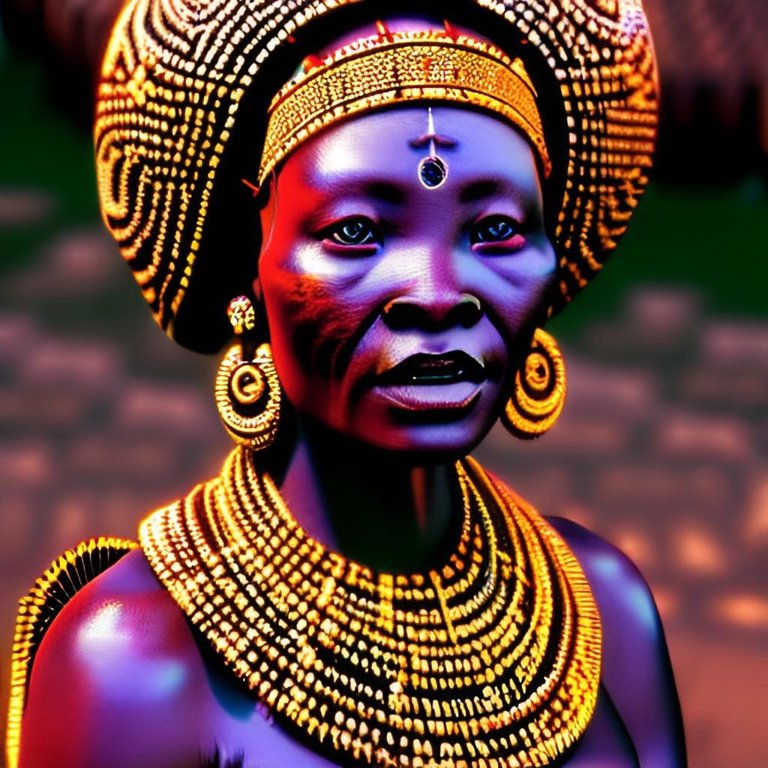I am a black woman. One who is different from any other here only because of my geographical location. I am a fraction of the evolved Bantu woman who must have sprouted from the earth itself somewhere on the present-day Nigeria-Cameroonian border.
As evolution caught up with her times, her people started to gradually relocate across the larger sub-Saharan Africa spreading her language, culture, and agricultural practices in varied versions.
Her people split and scattered all over the black continent -Nigeria, Cameroon, Zambia, Zimbabwe, South Africa, and Kenya among others.
When her ancestors finally settled for Kenya as the promised land, some of her tribesmen settled and drifted towards the sea - the Indian Ocean- as mine headed for the 'Holy Mountain* which lies in Central Kenya.
Looking to find out how though as they did so through Northeast. That's the present-day Ethiopia-Somalian border and miles from where our coastal relatives. It can only mean that her forefathers trekked to the ancient horn of Africa before deciding to enter Kenya.
Wikipedia says it was around the 3rd century -which I discovered recently as I can't seem to feed this historical emptiness in me but that's a tale for another day as the details of the major Bantu expansion- but her people chose the slopes of Mt. Kenya because of its fertile landscapes for their agricultural practices.
It was also a good place for them to finally stop being nomads and build what must have been left of her people. The peak sat/sits East of their faces and hence they believed in its protection from the harshness of the wind.
Their God, Mwene Nyaga watched/watches them somewhere behind that cloudy freezing scape representing the top of the tallest mountain in the country. He offered them everything they needed to sustain themselves and with time, they mastered their environmental factors as farmers.
It is said that in the ancient Kikuyuland, the new moon signified the beginning of a new kimera kia njahi which loosely translates to the season of the black /lablab beans and a new year.
In the forgotten calendar, my forefathers had two seasons that were marked by rain. The long rains mbura ya njahi started at a time like now kihuu kia mbere-late March and the short rains mbura ya mwere that started in kihuu gia keeri-mid October.

In the present-day calendar, the Bantu woman who evolved into me should be celebrating the new year. She should sing from the depths of her mature alto voice somewhere in the open fields, happily fighting the long rains whilst planting.
The crops were planted are planted-cue climate change at the sight of the new moon. When the season began/begins, it was/is taboo to talk ill to or of someone as my people know it hinders the growth of the crop and the quality of the yield overall.
It was or should be a season of gratitude. The rains symbolized the end of the drought and the advantage of letting it cleanse the earth and those who inhabit it. Oh, how I wish some things didn't change with time.
But.
I also find it interesting that we seem to have forgotten all of it -colonization & its aftermath, this time in form of an exceedingly bleached education system is to blame- and sadly, years later, most of us -read 8M plus in population- know nothing about any of this.
wambuku w.